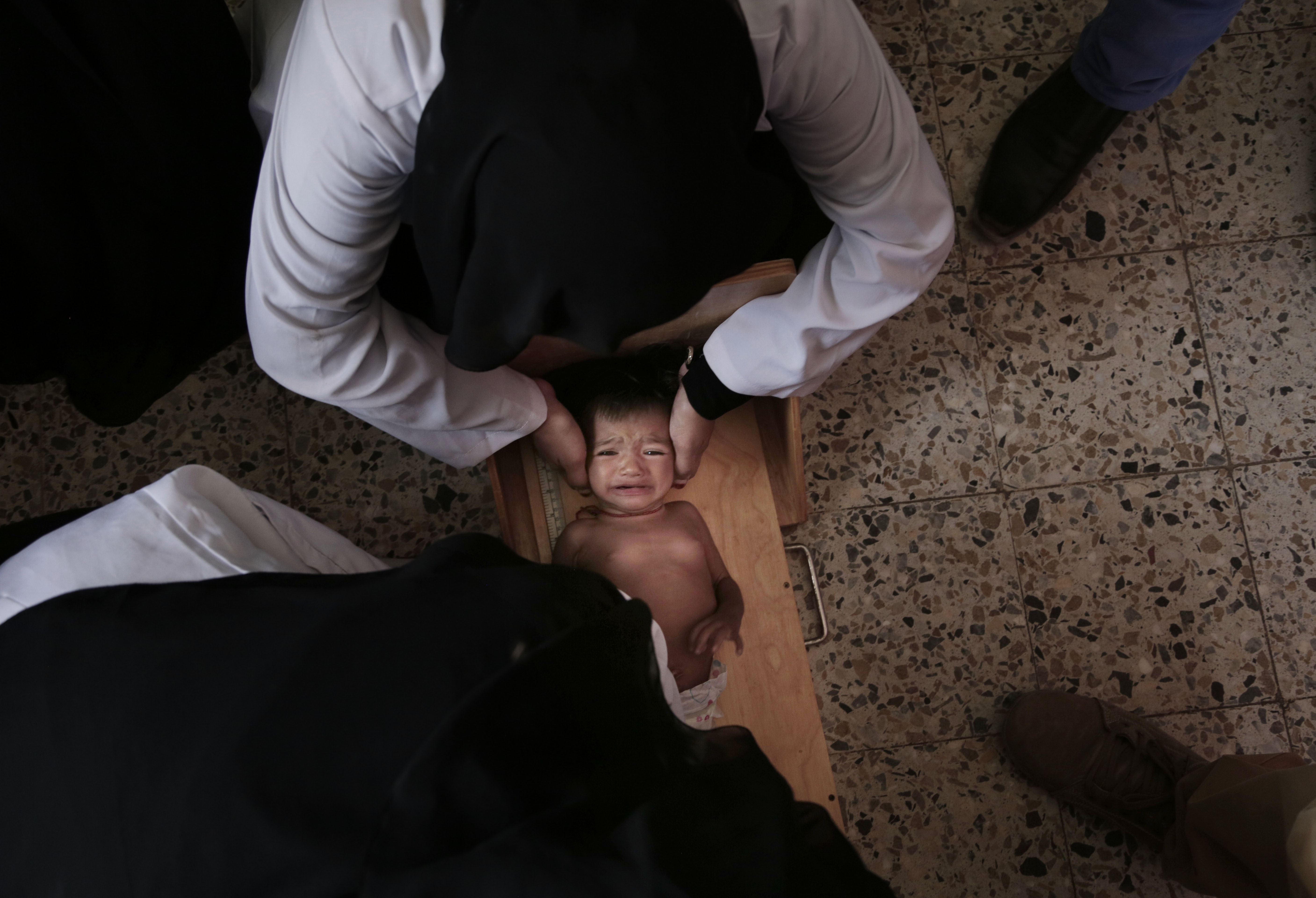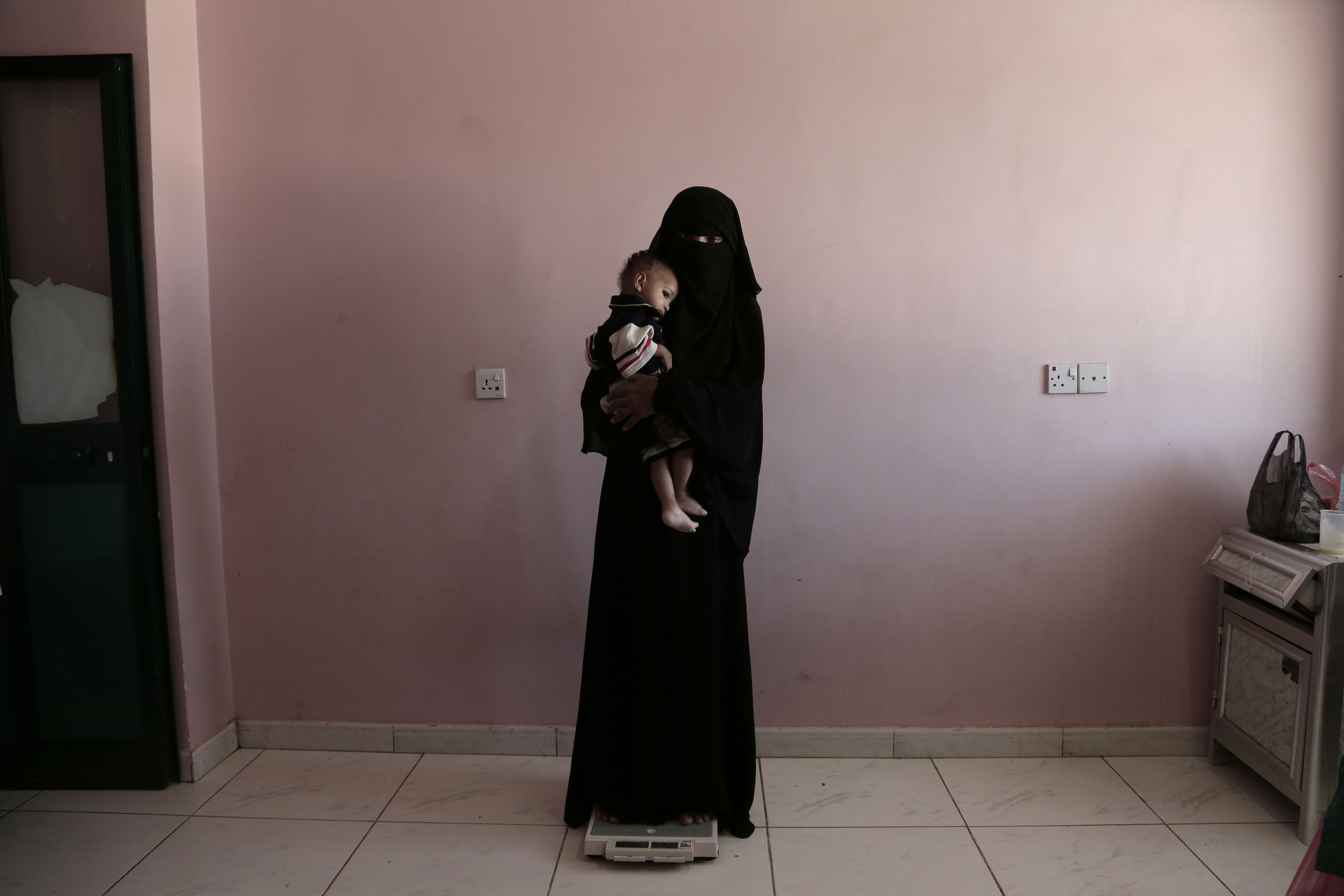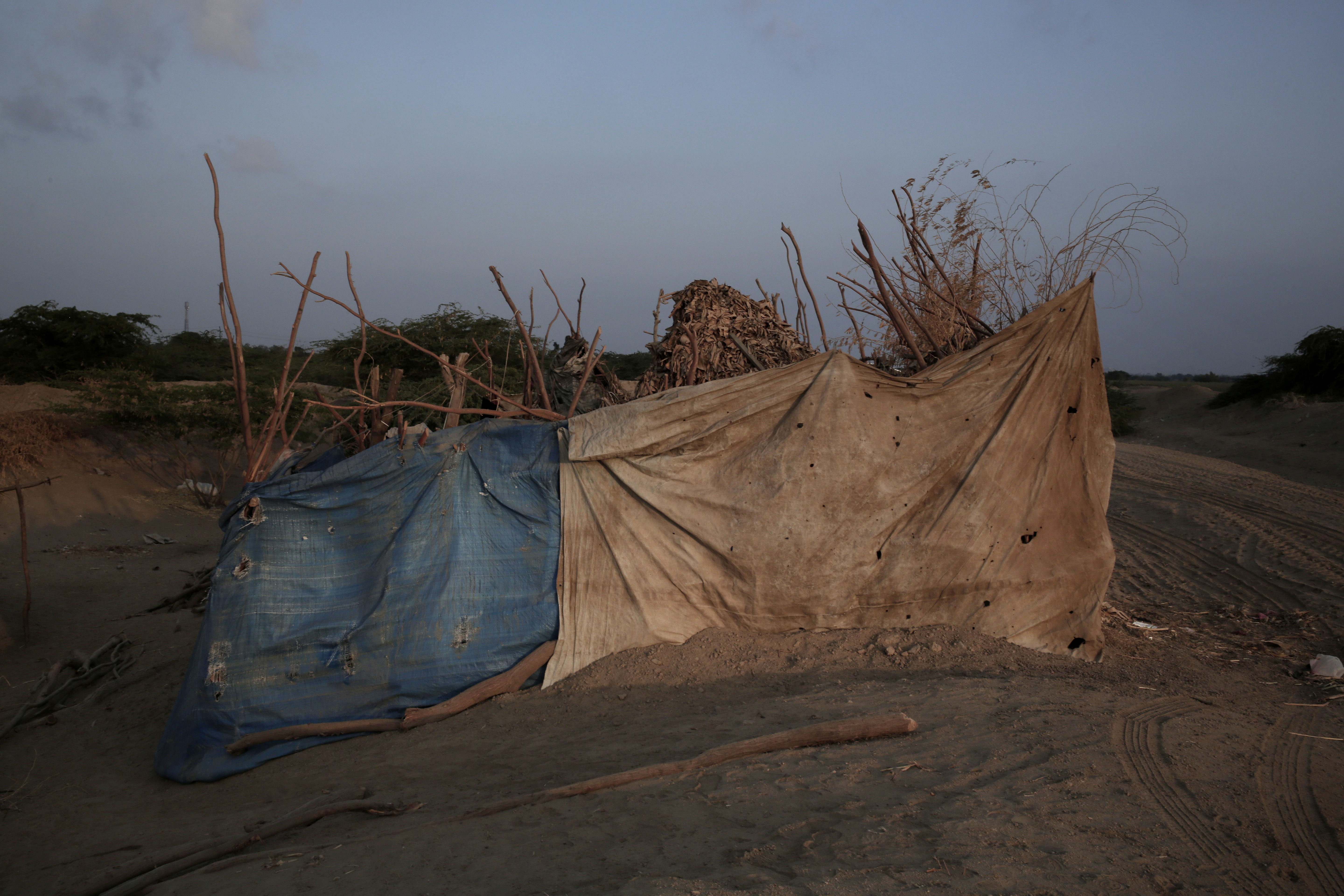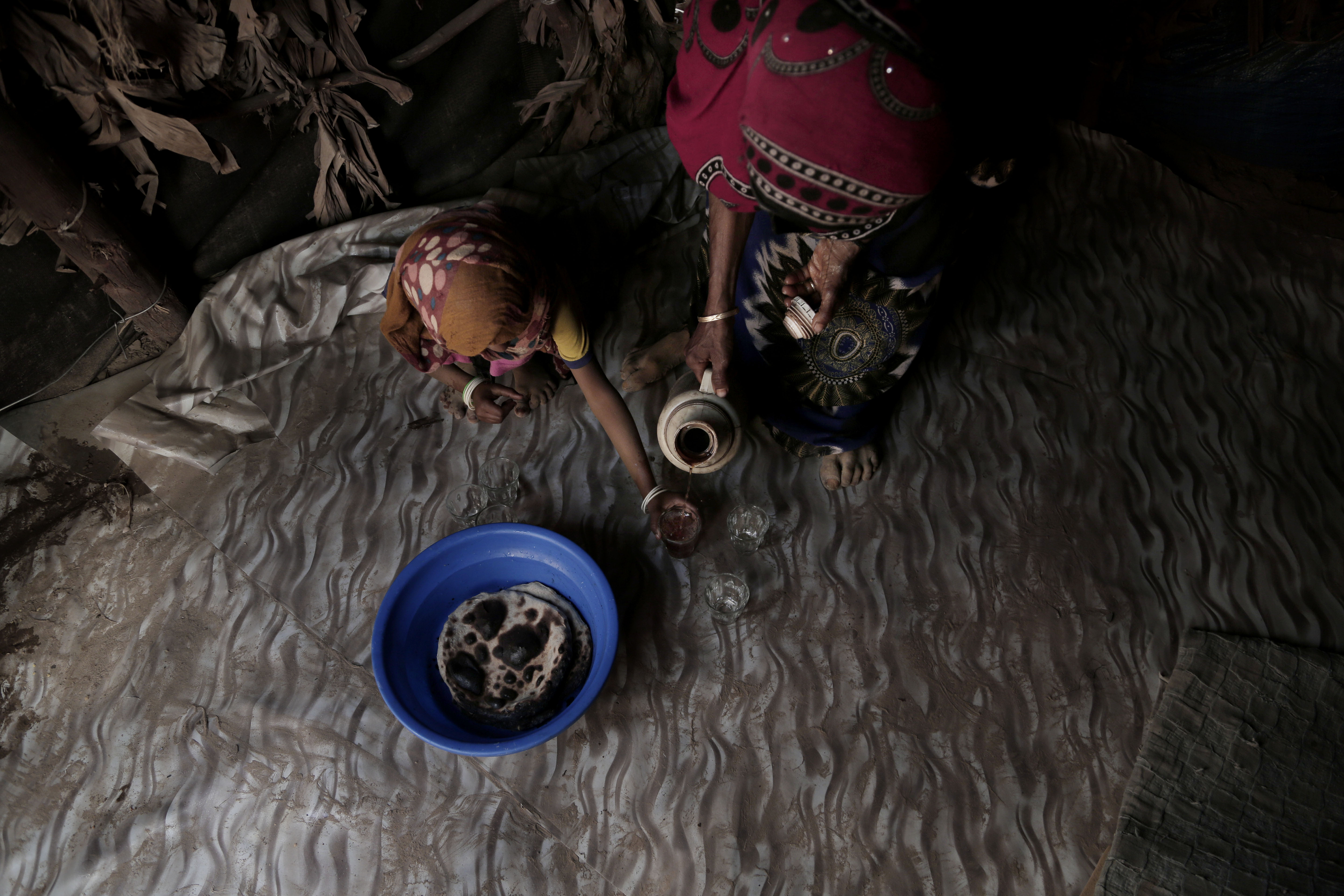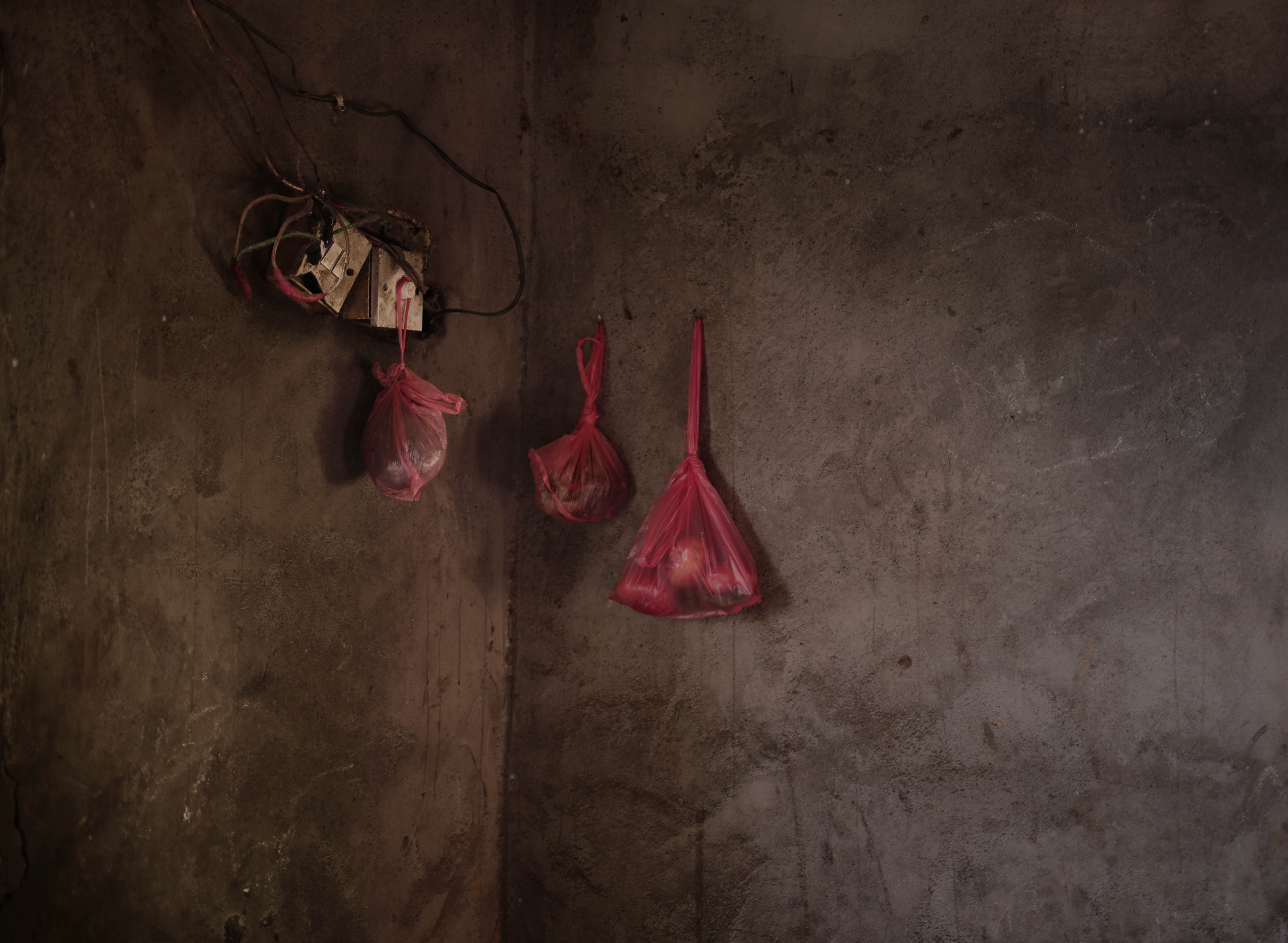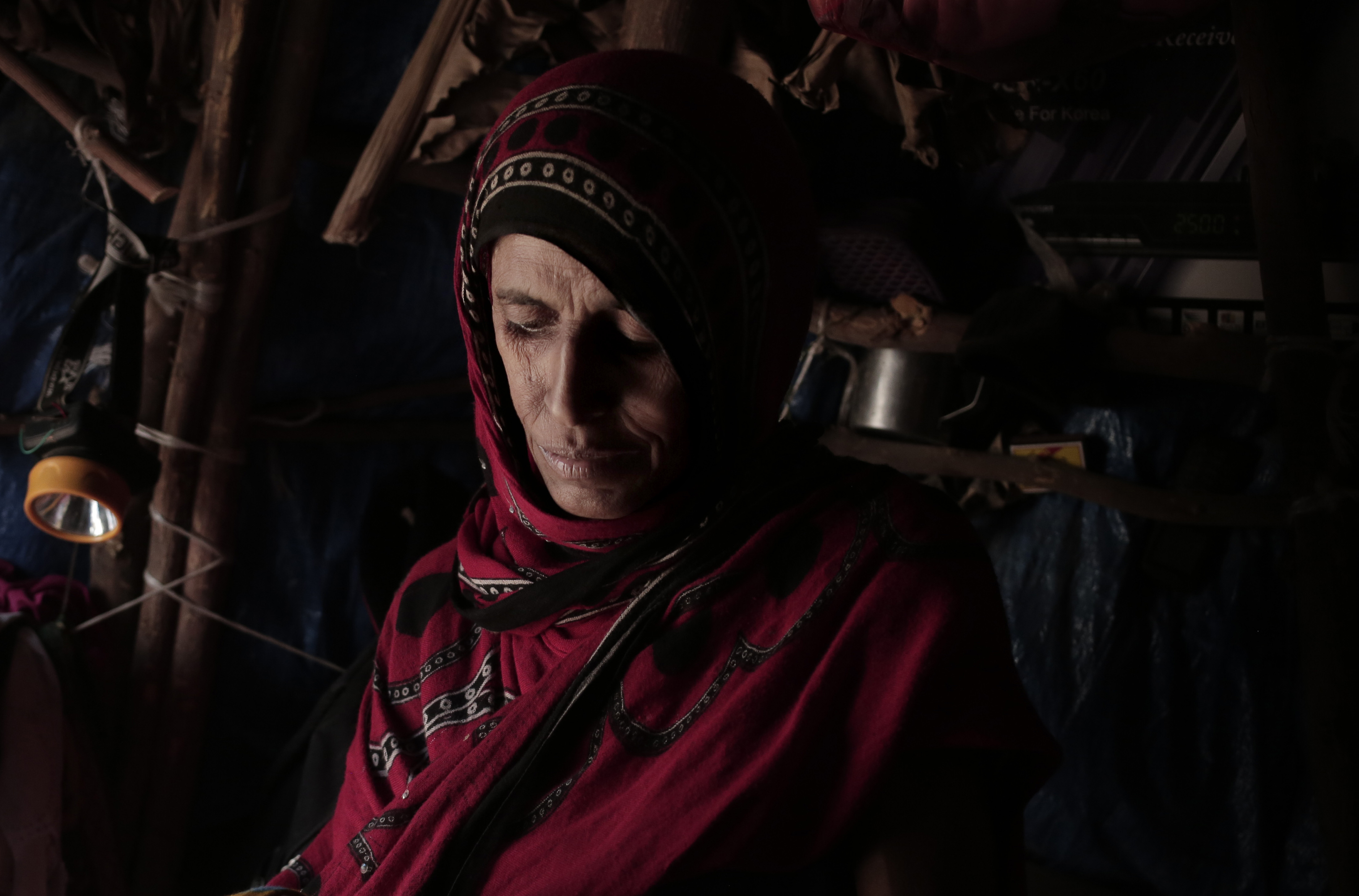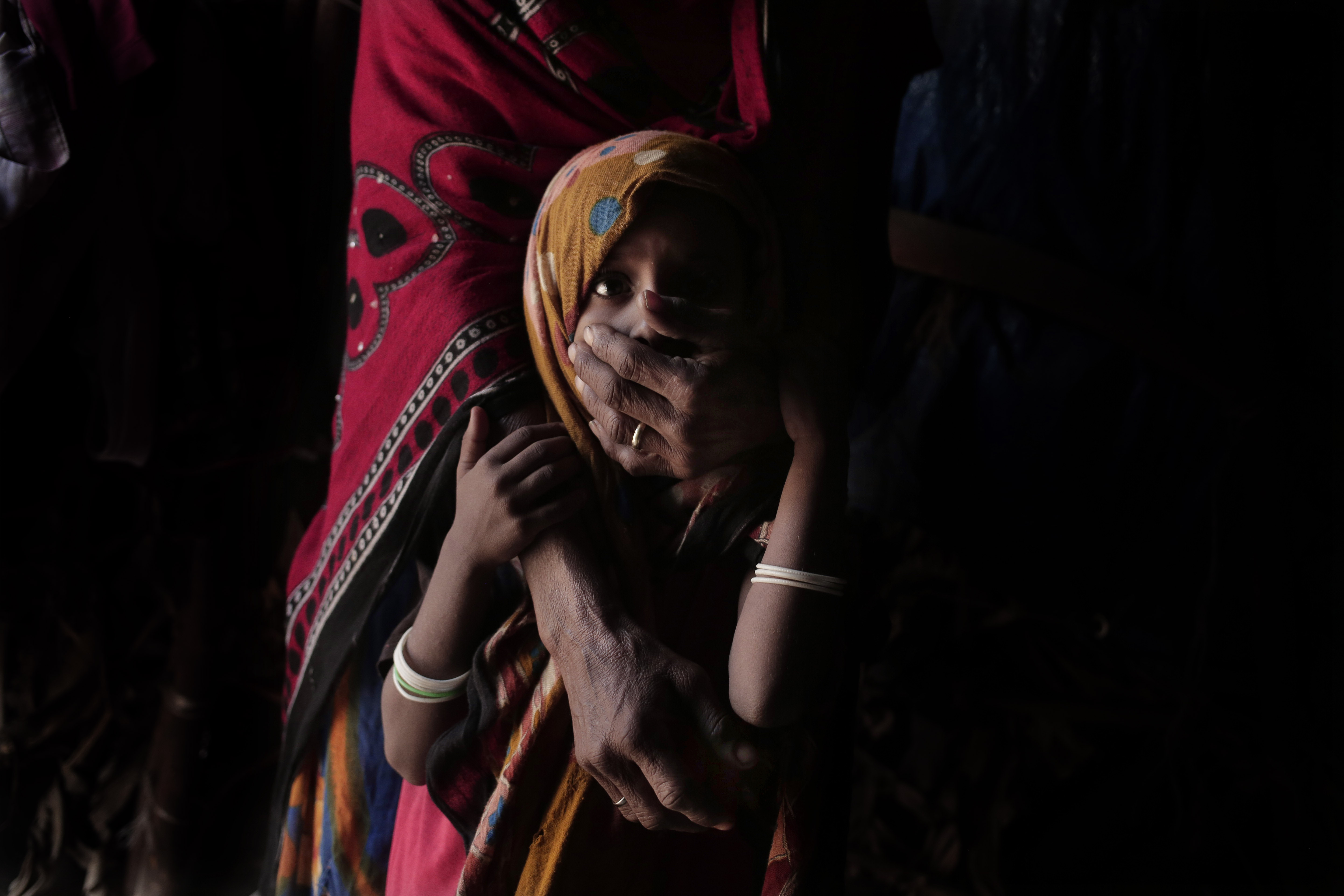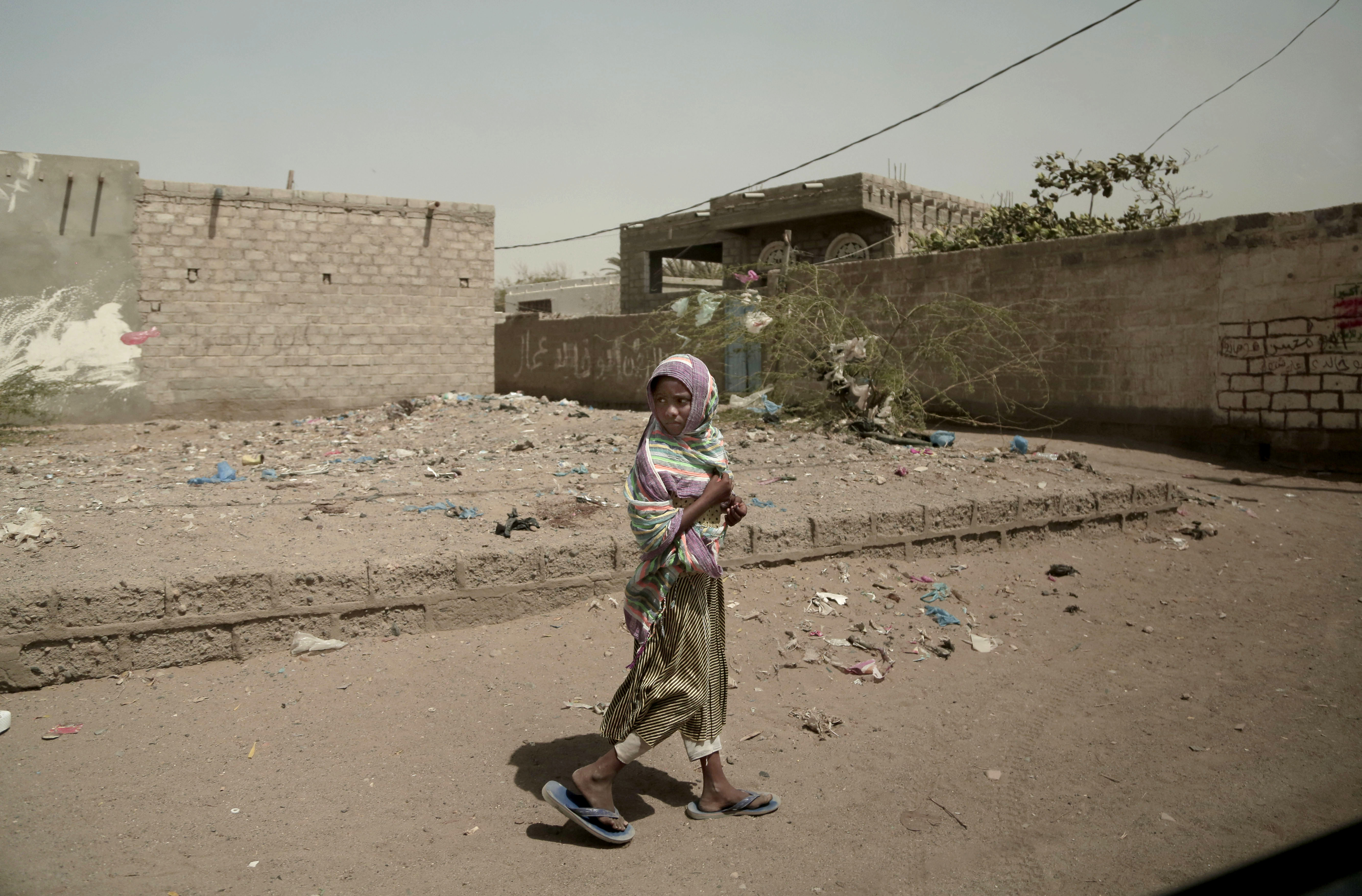In recognition of hard work and dedication, a team of three Arab Associated Press (AP) journalists won a Pulitzer Prize in international reporting last Monday.
Egyptian Reporter Maggie Michael, Egyptian Photojournalist Nariman El-Mofty, and Yemeni Video Journalist Maad Al-Zikry dedicated a year to document torture and the brutality of the Yemen civil war. According to Ahram Weekly, Michael and El-Mofty are the first Egyptians to win the prestigious prize.
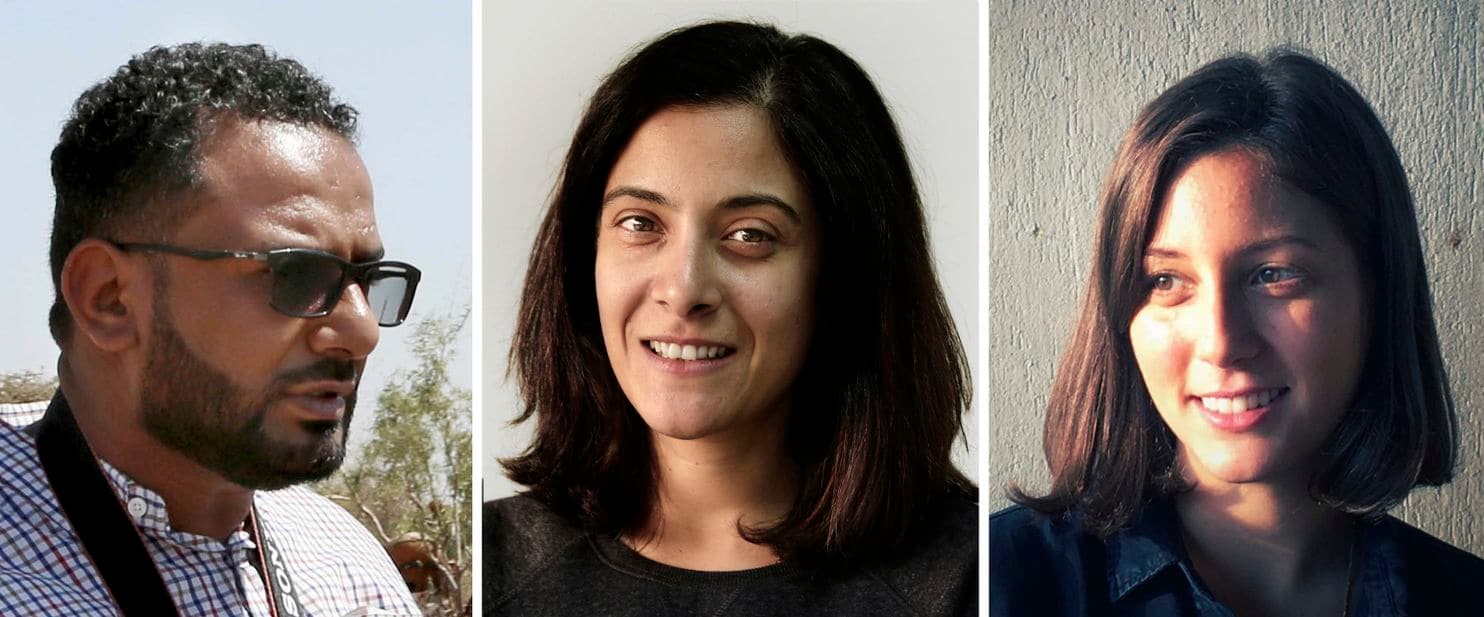
Shedding light on one of the biggest neglected conflicts in the region, the noble team’s efforts, translated into stories and photos, making a huge difference for the war-torn country. According to The Washington Post, their coverage and reports have helped tell the stories of the Yemeni plight during the war; from releasing at least 80 prisoners from secret detention sites to the UN sending aid; in the form of food and medicine, to starving areas.
We sat down with el El-Mofti to talk to her about Yemen’s Dirty War, her career, and her Pulitzer win.
Why did you choose Yemen out of all the war zones?
The civil war has been a disaster on Yemen and our team; Maggie Michael, Maad Al-Zikry, and I. We tried to explore as many of these issues as possible. We found whole families living on one meal a day and mothers skipping their meals for their children to eat. We visited towns and villages of displaced people and worked with ex-child soldiers in a rehabilitation clinic.
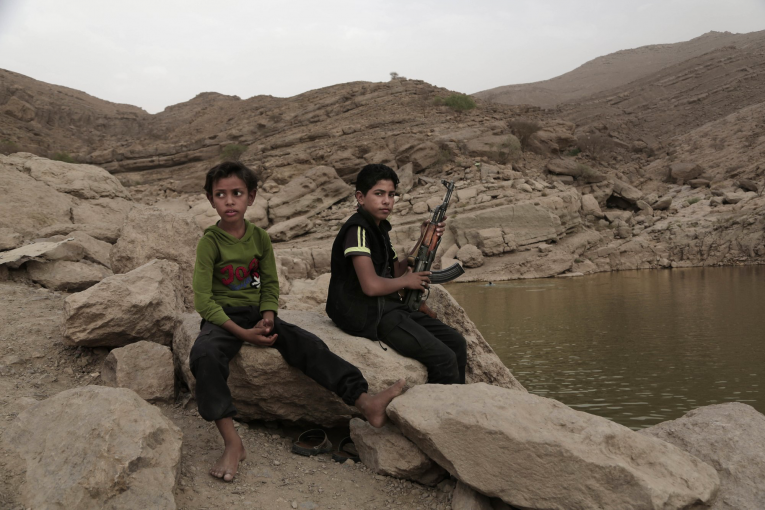
Via Pulitzer Center
In 2017, Maggie showed how the US-backed Saudi-led coalition was running secret prisons and she exposed torture at these secret prisons run by the UAE and their Yemeni allies. I joined Maggie and Maad in 2018 to shed more light on Yemen as a complete team.
We wanted to bring out the experience of Yemenis living on land that’s being fought over by so many armed groups. It’s a forgotten war and many were not shedding light on Yemen. The AP wanted to look beyond the main headlines of the war to look at what might be laying behind the conflict and how Yemenis themselves are trying to survive.
What kind of challenges/obstacles did you face there?
Covering a war zone requires countless calculations. Before every step along the way, our team would plan the best options, consider the risks, and so forth. We had to know which factions are running the checkpoints in the south and the north. We needed alternative places to stay if there’s trouble. There are official requirements; for instance, the Houthis require journalists to have a minder at all times which makes it extremely hard to work in the north.
Which story or photo have you captured that has affected you the most?
I would say famine and starvation photos were the most that affected me. We did stories on torture and some images, photographed or not, shall be engraved in my memory forever.
But starvation is the slowest form of torture I have seen.
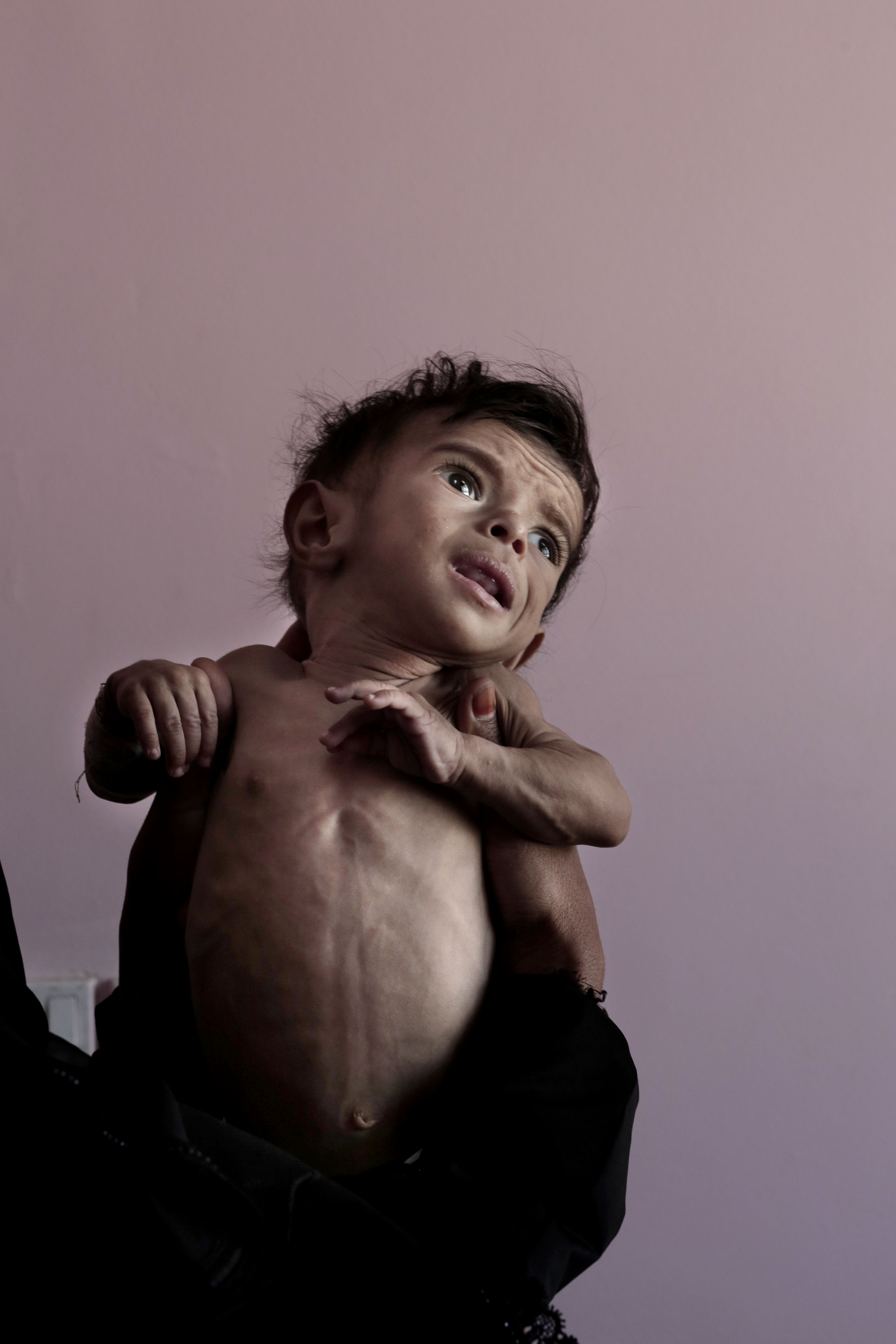
How did you start your career?
I graduated from university in the summer of 2011 during the Arab Spring and I came back to Egypt to look for work at local newspapers. There was so much news coming out of the Middle East in 2010 that The Associated Press decided to open up a main hub for the Middle East, Afghanistan, and Pakistan in Cairo. I had heard there was a job opening as a photo editor on the desk in Cairo; I applied, I got it, and started working in the newsroom in October 2011.
From your perspective, how does photojournalism revolutionize the storytelling process?
The thought that guided me throughout the project was how to find a different approach to photographing the situation and tell the Yemenis’ stories. I tried to go beyond simply photographing the physical signs of the famine, like emaciated babies in hospitals. I wanted to show the life around the famine as well, how families deal with it, the dignity and pride they reflect while doing what they can to survive, without showing them as passive victims.
I’ve found that people tend to look at a story more when it’s relatable. Anyone will understand a mother not being able to breastfeed her child because her milk is dry.
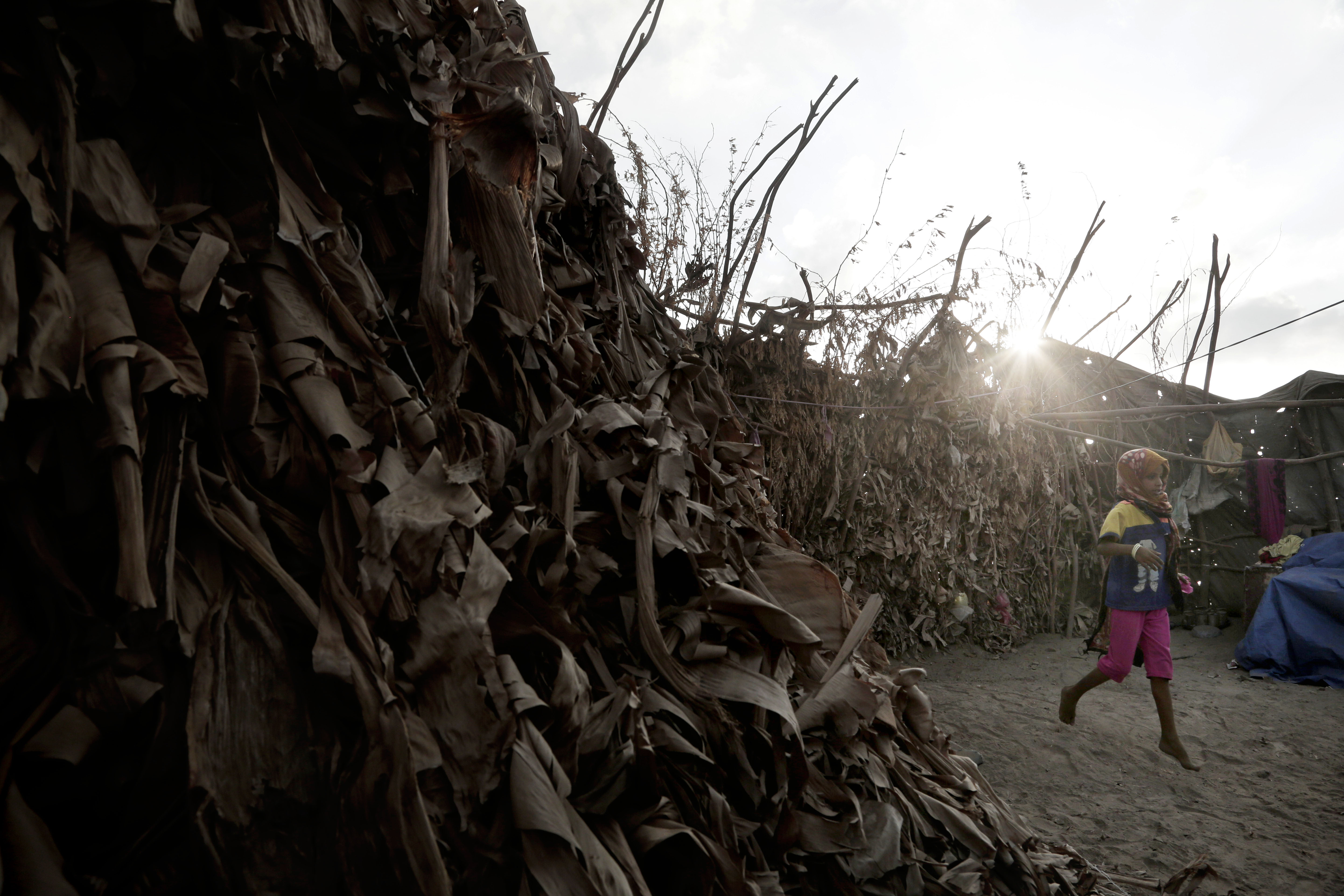
How does one prepare themselves and career to get to this type of recognition?
Hard work. This industry is really difficult to break through and you need thick skin. As someone once told me when I first started in the newsroom, “Are you ready to be raised between the wolves?” I understood that later on.
Journalism is not a job, it is a passion and if you’re fully driven, you will do anything to seek the truth. A journalist has to believe in their work because this industry is so transparent that if you don’t, no one else will.
How do you feel after winning a Pulitzer?
I feel honored and I feel there is a huge responsibly to keep up to the title. I hope the work we did, and continue to do, would bring some relief, and hopefully, lead to change, even if only a little.
What does this mean for the region?
I can’t say what it does mean now for the whole region. It’s a difficult time in the Middle East; the map is saturated with wars now. All I can talk about is facts and I do hope more Arab journalists go out there and shed more light on stories in our region. Empower people, humanize them, and stop victimizing those in dire situations.
Check out more of El-Mofti’s heartwrenching photos below:
